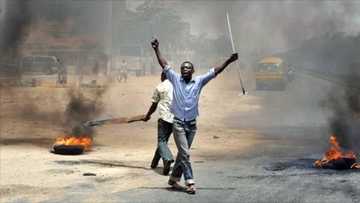2023: Sixty Percent of Youths Can Determine Nigeria’s Next Set of Leaders, By Ibrahim Faruk
Editor's note: In this piece, Ibrahim Faruk spotlighted some of the possibilities why the 2023 election will be decided by the Nigerian youths who make up the larger percentage of newly registered voters.
PAY ATTENTION: See you at Legit.ng Media Literacy Webinar! Register for free now!
Since Nigeria’s struggle for independence, young people have been at the forefront of political participation. The struggle for Nigeria’s independence as well as the successive military interventions and democratic republics have been filled with instances of youth participation.
However, the participation of young people has continued to rise and fall between 1960, when Nigeria gained independence till the 4th Republic in 1999 when there was a return to democracy following years of military rule.
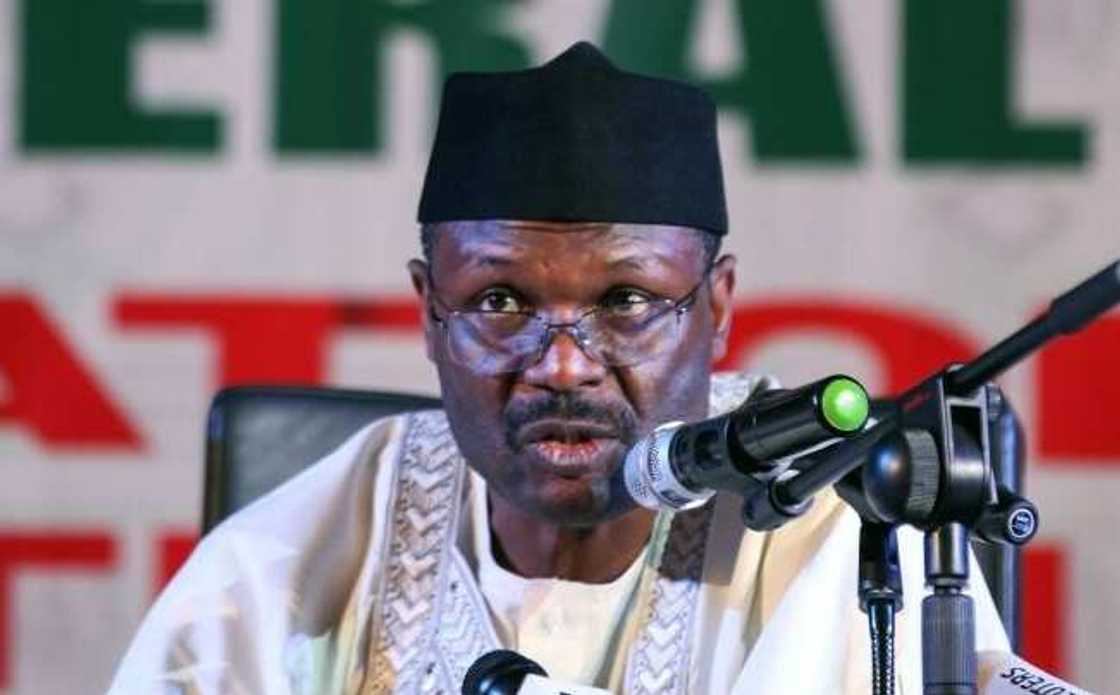
Source: Facebook
In May 2018, President Muhammadu Buhari signed the age reduction Act, popularly known as the #NotTooYoungToRun Act. Following this historic act, youth candidacy increased from 21% in the 2015 General Elections to 34.2% in the 2019 General Elections.
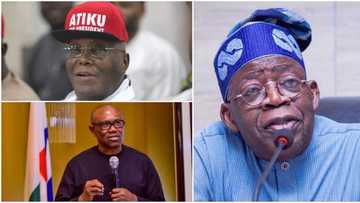
Read also
2023 Elections: Afenifere Reacts to ‘Explosion’ at Rivers APC Rally, Sends Strong Message to Politicians
However, youth candidacy dropped in the build-up to the 2023 general elections from 34.2% in 2019 to 28.6% for the 2023 General Elections. Youth candidacy data analysis from 2015 – 2023 has swung forward (in 2019) and then backwards (in 2023). This is because of the excessive cost of nomination forms, highly commercialized party primaries, the substitution of candidates, and the deregistration of political parties.
PAY ATTENTION: Join Legit.ng Telegram channel! Never miss important updates!
Across the 36 State Houses of Assembly, 68 members between the ages of 31 and 35 represent 6.08% of the members of the State Houses of Assembly.
There were also 20 direct beneficiaries of the Not Too Young To Run Act in the State Houses of Assembly between the ages of 25 – 30.
This was due to the age reduction legislation that was passed by the National Assembly and assented to by the President on 31 May 2018.
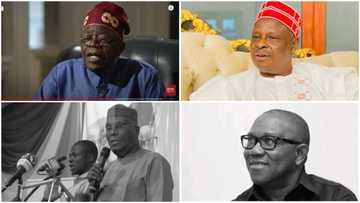
Read also
Tinubu, Atiku, Obi, Kwankwaso: 5 Top states with highest registered voters and chances of APC, PDP in them
Despite the youth demography being responsible for over 60% of the entire population – this does not translate into a democratic dividend in terms of youth candidacy and representation in elective offices.
Similarly, voter turnout has been on a decline since 2003. Voter turnout was recorded at 69% in the 2003 general elections, it dropped to 57% in 2007, further to 54% in 2011, to 44% in 2015, and to an all-time low of 35% in 2019.
In the 2019 general elections, out of a voting-age population of over 100 million, only 84 million Nigerians registered to vote, young Nigerians accounted for 51.1% (42 million) of registered voters for the Elections.
However, this huge demography did not reflect in voter turnout as only about 12.1 million young voters – representing 28% of the young voters’ population participated as voters in the 2019 Presidential/National Assembly Elections and 12.6 million young voters – representing 29% participated as voters in the 2019 Gubernatorial/State Assembly Elections.
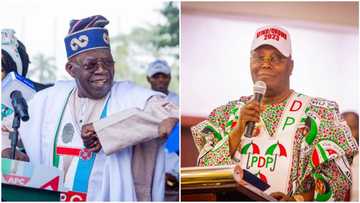
Read also
"Don’t allow PDP return to power," Tinubu begs Nigerian voters ahead of 2023 presidential election
The 2022 General Election in Kenya, had the lowest voter turnout in 15 years. Only 65% of the 22.12 million registered voters turned up to cast their ballots. The decline in voter turnout was credited to a lack of voter education, low interest by the youth, reduced trust and confidence in the political system, poverty and youth unemployment.
Interestingly, 65% turnout in Kenya is considered ‘low’ while Nigeria has struggled to achieve similar voter turnout figures since 2003.
Democracy is about numbers and these numbers narrate the state of participation, spread across youth candidacy, youth representation and youth voter turnout in Nigerian elections. These indices further speak to the quality of inclusion and representation of various groups within a society.
The 2023 General Elections provide an opportunity to swing towards positive levels of youth representation and youth voter turnout.
One of the innovative ways to increase youth voter turnout can be seen in Yiaga Africa’s #SixtyPercentOfUs Project which seeks to use traditional and non-traditional means to mobilize young voters to register, collect PVCs and vote in the 2023 elections using traditional and non-traditional tools of political mobilization.
Across various states, citizens have been and are continuing to organize outreach drives, bus drives, and town hall meetings especially in states with low voter registration and Permanent Voters Card collection rates (between June 2021 and July 2022), followed by current efforts to ensure citizens collect their PVCs as well as voter mobilization efforts to turn out and vote on election day.
Achieving 60% voter turnout will reverse the trend of declining turnout in Nigeria. This is important because a truly democratic and representative political system ensures that all parts of society are included in decision-making processes.
Inclusive political participation is not only a fundamental political and democratic right but also is crucial to building stable and peaceful societies and developing policies that respond to the specific needs of younger generations.
Disclaimer: The views and opinions expressed here are those of the author and do not necessarily reflect the official policy or position of Legit.ng.
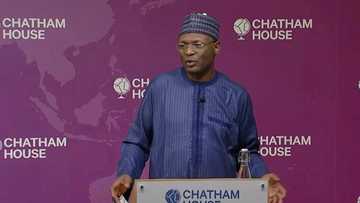
Read also
After Tinubu, Peter Obi, INEC chairman takes a seat at Chatham House, lists commission's plan for 2023 poll
Your own opinion articles are welcome at info@corp.legit.ng— drop an email telling us what you want to write about and why. More details in Legit.ng’s step-by-step guide for guest contributors.
Contact us if you have any feedback, suggestions, complaints, or compliments.
Source: Legit.ng

